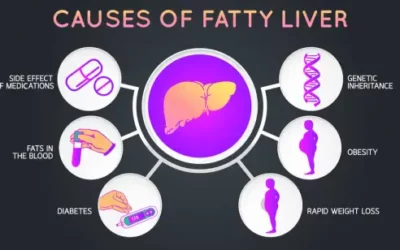The symptoms of acute and chronic diarrhea are virtually the same: loose, sometimes watery stool, abdominal cramps, fever, nausea, vomiting, fatigue, and urgency. Sometimes, the consistency of the stool is the only symptom of diarrhea. Many people are unsure when acute diarrhea becomes cause for concern: what are the most concerning symptoms, and why does it sometimes last for so long or happen so frequently?
When acute diarrhea becomes chronic, there will often be unintentional weight loss, malnutrition, urgency that wakes you up at night, and blood in the stool. These are signs that something more than a simple bug may be the cause of your chronic diarrhea and you need to see a gastroenterologist.
The causes for chronic and acute diarrhea are different at times: most cases of acute diarrhea are from a virus, such as rotavirus or norovirus. These viruses are unfortunately easy to pick up, causing numerous cases of acute diarrhea every year. Traveler’s diarrhea is often caused by bacteria. Chronic diarrhea, however, is commonly caused by conditions such as Inflammatory Bowel Disease (IBD) or related diseases, celiac disease, and sometimes even parasitic infection.
There are many different treatments for both acute diarrhea and chronic diarrhea, which a gastroenterologist can guide you through. The most important thing when experiencing acute or chronic diarrhea is to avoid dehydration by drinking beverages with salt and sugar to help the intestine absorb fluid.



